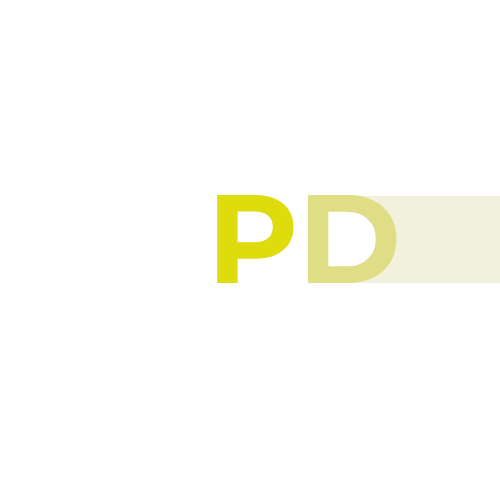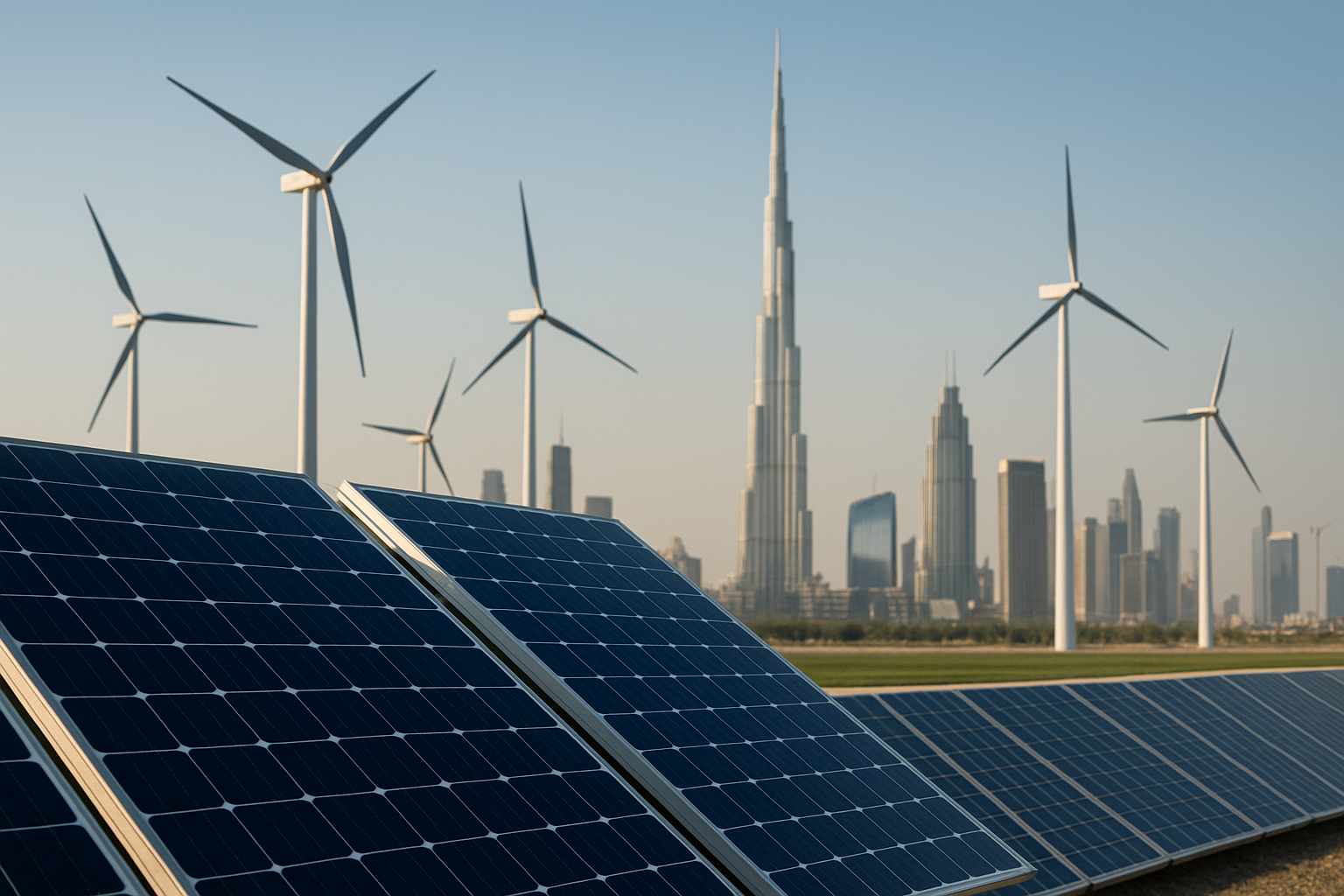The United Arab Emirates (UAE) has become a regional and global leader in sustainability by embedding environmental responsibility into its national development agenda. Rather than approaching sustainability as a secondary concern, the UAE treats it as a strategic pillar for economic growth, social advancement, and global influence. This progressive mindset is reflected in government policy, business regulation, education, and public engagement initiatives.
National Policy Frameworks Driving Sustainability
At the core of the UAE’s sustainability mission lies a series of long-term national plans. UAE Vision 2030, UAE Green Agenda 2030, and the National Climate Change Plan 2017–2050 collectively outline the country’s environmental goals and set a roadmap for their achievement. These plans target key priorities, including:
Decarbonizing the energy sector
Improving air and water quality
Managing natural resources efficiently
Promoting the circular economy
Reducing reliance on fossil fuels
Supporting these visions is the Dubai Clean Energy Strategy 2050, which aims to provide 75% of Dubai’s energy from clean sources by 2050. This strategy emphasizes solar power, green hydrogen, and nuclear energy, and calls for significant investments in renewable infrastructure.
Net Zero by 2050 and Global Leadership
A landmark commitment came with the Net Zero by 2050 Strategic Initiative, making the UAE the first country in the MENA region to formally pledge carbon neutrality. This goal places sustainability at the heart of national development and positions the country as a global sustainability partner. The initiative supports the transition to a low-carbon economy by promoting solar parks, wind farms, carbon capture technologies, and sustainable finance.
Hosting events like COP28, Abu Dhabi Sustainability Week, and the World Future Energy Summit reflects the UAE’s dedication to not just local, but global climate leadership. These forums are essential for dialogue, policy development, and partnership building between governments, businesses, and academia.
Green Building Regulations and Construction Standards
The UAE’s construction sector has also undergone a green revolution. The Estidama Pearl Rating System in Abu Dhabi and Al Sa’fat Green Building Regulations in Dubai require energy-efficient design, water-saving technologies, and environmentally responsible materials. These regulations apply to both public and private developments, ensuring long-term reductions in environmental impact.
To meet these building standards, developers increasingly turn to Environmental Product Declarations (EPDs)—transparent, third-party verified documents that quantify the environmental impacts of building materials across their lifecycle. EPDs are vital for complying with local regulations and earning points in green building rating systems like LEED, BREEAM, and Estidama.
This is where EPD Consultancy UAE services become crucial. Experts in this field guide manufacturers, suppliers, and construction professionals through the process of preparing and publishing EPDs. These services provide credible, science-based data that enhances project transparency and ensures compliance with international sustainability standards.
Engaging the Private Sector and Public
The UAE promotes sustainability by actively engaging both the private sector and the general public. Businesses are incentivized to innovate, adopt green practices, and publish sustainability reports. Government-backed awards, funding programs, and procurement preferences for green-certified products create real financial motivations for sustainability investment.
On the public side, the UAE supports awareness and education through campaigns, exhibitions, and school curricula. Universities across the Emirates—such as Masdar Institute, Khalifa University, and UAEU—offer specialized programs in renewable energy, environmental sciences, and climate policy, creating a well-informed future workforce.
Entrepreneurship is also being encouraged through green startup incubators and innovation hubs. These efforts help generate homegrown sustainability solutions and foster economic diversification aligned with global environmental goals.
Conclusion: A Holistic and Measurable Approach
The UAE promotes sustainability through a holistic framework that combines policy vision, regulatory enforcement, business incentives, and community engagement. Every sector—from energy to construction, from education to transportation—is aligned with the nation’s sustainability goals.
The role of consultancies offering EPD Consultancy UAE services is indispensable in this landscape. By translating environmental goals into tangible actions—through metrics, declarations, and technical guidance—they bridge the gap between vision and implementation.
As global attention turns increasingly toward climate action and responsible development, the UAE stands as a model of how strategic planning, innovation, and third-party expertise can work in harmony to build a truly sustainable future.


